Six Solar Terms in Spring
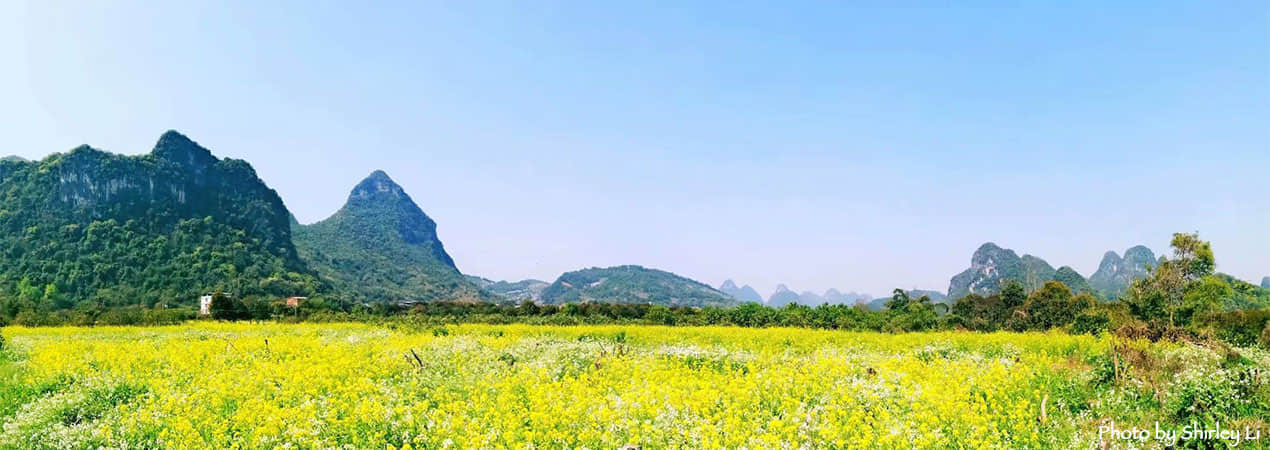
When spring arrives, everything comes back to life, the earth is full of vigor. As soon as the cold winter is gone, people start a new round of farming work. The air is warm, the flowers blossom, green trees make shade, and colorful scenes are all around. People can go out for a walk in the wild and do all kinds of sports. The spring season brings better conditions for activities to people who have been restricted all winter.
Lichun (Beginning of Spring)
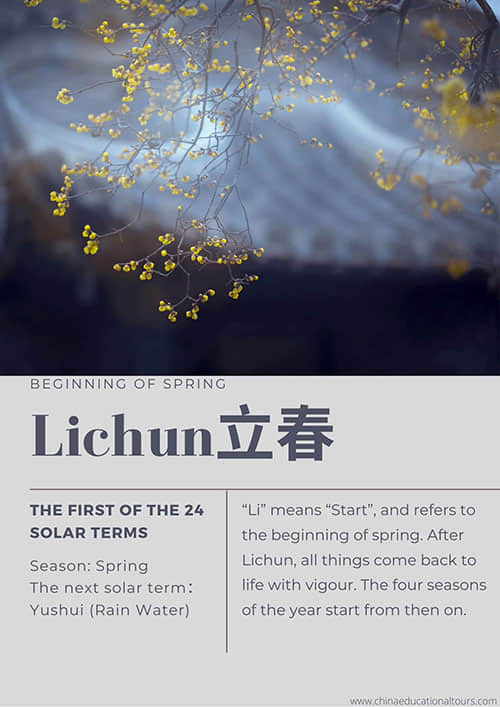
Lichun is one of the important traditional festivals for the folks of China. “Li” means “Start”, and refers to the beginning of spring. After Lichun, all things come back to life with vigor. The four seasons of the year start from then on. There is a saying that goes: “A year’s plan starts with spring”. Spring means warmth, bringing the chirping of birds and the fragrance of flowers; spring means growth, a time for cultivating and seeding.
- Chinese Name: 立春Lì Chūn
- Meaning: the beginning of spring
- Climate: rising temperature, strong wind with a drop in temperature
- Season: Spring
- Date: Feb. 3rd, 4th or 5th
- Traditional food: spring pancake, radish, spring rolls
- Customs: welcome spring ceremony, spring outings
- Farming activities: time for irrigating and topdressing to promote growth
- Health tips: favorable for taking good care of yang qi, and unfavorable for wrath
- The next solar term: Yushui (Rain Water)
When Lichun comes, people obviously feel that the day time becomes longer and the sun gets warmer. At this turning point of the year, the temperature, sunshine and rainfall often start to rise or increase. There is a farming proverb reminding people that “Lichun comes with lots of rainfall, and it’s good to get up early and go to bed late”. It also tells people to start the preparations for plowing and sowing. Although spring has come, most areas in China are still cold. This should be taken into consideration in the time of arranging agricultural production.
Yushui (Rain Water)
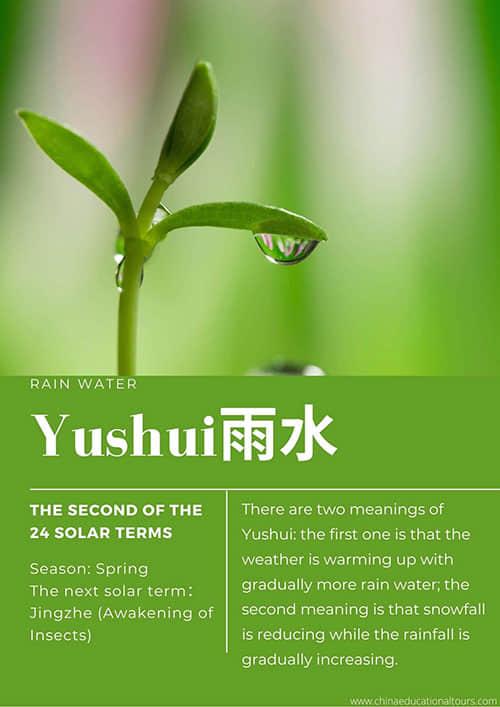
Yushui is the second solar term among the 24 solar terms. There are two meanings of Yushui: the first one is that the weather is warming up with gradually more rain water; the second meaning is that snowfall is reducing while the rainfall is gradually increasing.
- Chinese Name: 雨水Yǔ Shuǐ
- Meaning: the start of rainfall with gradually more rain water
- Climate: rising temperature, melting ice and snow, and more rain water
- Season: Spring
- Date: Feb. 18th, 19th or 20th
- Traditional food: a jar of meat
- Customs: visit the parental home
- Farming activities: time for soil cultivation and fertilization, and cleaning ditches for drainage
- Health tips: favorable for maintenance of spleen and exercising
- The next solar term: Jingzhe (Awakening of Insects)
Jingzhe (Awakening of Insects)
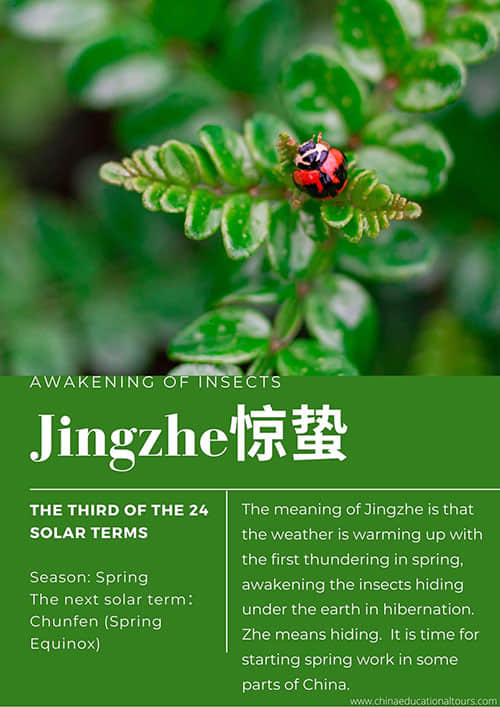
At this time, the temperature is rising faster and spring thunder is occasionally heard. The meaning of Jingzhe is that the weather is warming up with the first thundering in spring, awakening the insects hiding under the earth in hibernation. Zhe means hiding. The eggs of insects in hibernation at this period will begin to hatch. It is time for starting spring work in some parts of China. There are proverbs saying, that “After Jingzhe, the weather warms up, and toads and Laojiao, a kind of bird, will sing in the mountain.” and that “Plow the soil in Jingzhe, and the soil will be loosened in Chunfen.”
- Chinese name:惊蛰 Jīng Zhé
- Meaning: the weather warming up with spring thunder occasionally
- Climate: the increasing amount of rain water, sometimes cold but sometimes hot
- Season: Spring
- Date: March the 5th, 6th or 7th
- Traditional food: fried insects and pears
- Customs: Hit villains
- Farming activities: prevention of plant diseases and insect pests
- Health tips: favorable for following the nature of the liver, benefiting the vital energy of the spleen
- The next solar term: Chunfen (Spring Equinox)
The solar term, Jingzhe (or Awakening of Insects), is of great importance for the busy farming season. Since the old times, Chinese people have valued this solar term and regarded it as the beginning of the farming work in spring.
Chunfen (Spring Equinox)
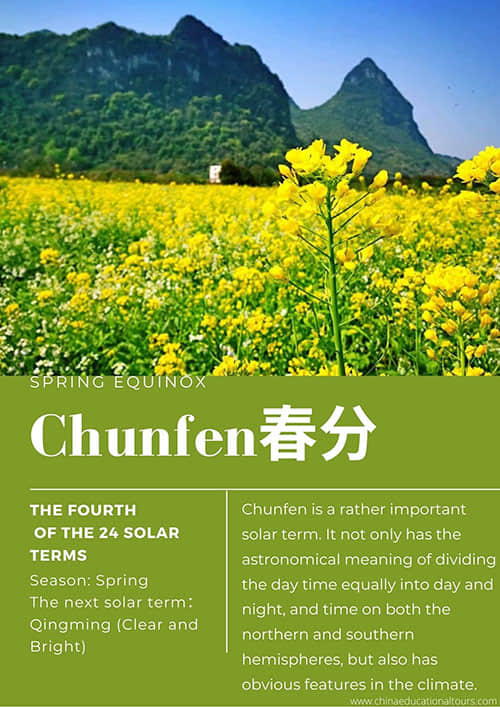
In the day of Chunfen, the ecliptic longitude of the sun is 0° degrees. Chunfen has the following meanings: firstly, it divides the day equally into day and night, 12 hours each; secondly, it falls on the middle between Lichun (Beginning of spring) and Lixia (Beginning of Summer). In most areas, the winter crops enter the growth stage in the spring season.
- Chinese name: 春分Chūn Fēn
- Meaning: the day time and night time are almost the same
- Climate: spring drought, dust, late spring coldness, low temperature and overcast
- Season: Spring
- Date: March the 20th, 21st or 22nd
- Traditional food: spring vegetables
- Customs: spring worshipping rites
- Farming activities: time for irrigating the crops and seeding
- Health tips: pay attention to keeping the balance of Yin and Yang in the body
- The next solar term: Qingming (Clear and Bright)
Chunfen is a rather important solar term. It not only has the astronomical meaning of dividing the day time equally into day and night, and time on both the northern and southern hemispheres, but also has obvious features in the climate. In Chunfen, all parts in China have a sunny spring except for Tibet Plateau, northeastern, northwestern and the northern areas of North China.
Qingming (Clear and Bright)
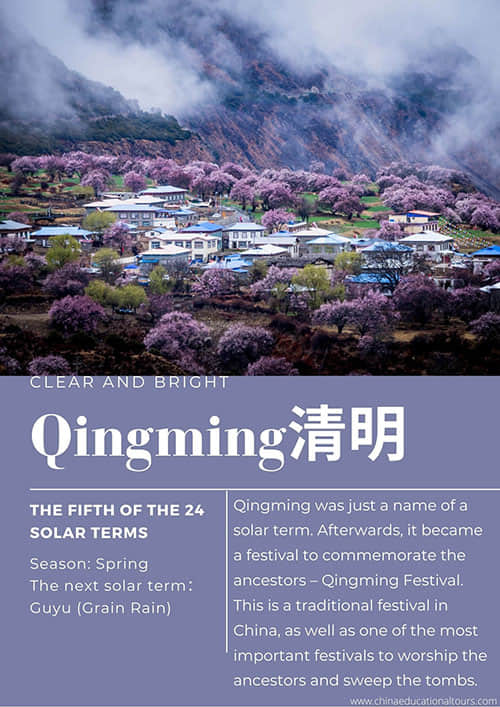
At first, Qingming was just a name of a solar term. Afterwards, it became a festival to commemorate the ancestors – Qingming Festival. This is a traditional festival in China, as well as one of the most important festivals to worship the ancestors and sweep the tombs. Qingming Festival, Dragon Boat Festival, Spring Festival and Mid-Autumn Festival are called the four traditional festivals of China. On May 20th, 2006, at the approval of the State Council, Qingming Festival was added to the first list of national intangible cultural heritage by the Ministry of Culture of China.
- Chinese name:清明 Qīng Míng
- Meaning: commemorating the ancestors by sweeping the tombs and worshipping,
- Climate: the temperature rises up and the rainfall increases
- Season: Spring
- Date: April the 4th, 5th or 6th
- Traditional food: Green rice-dumplings, fried snails, sticky-rice mixed with lotus root
- Customs: worshipping ceremonies for ancestors
- Farming activities: spring plowing and seeding
- Health tips: unfavorable for eating tonic food, favorable for low-salt diet to relieve hypertension
- The next solar term: Guyu (Grain Rain)
Guyu (Grain Rain)
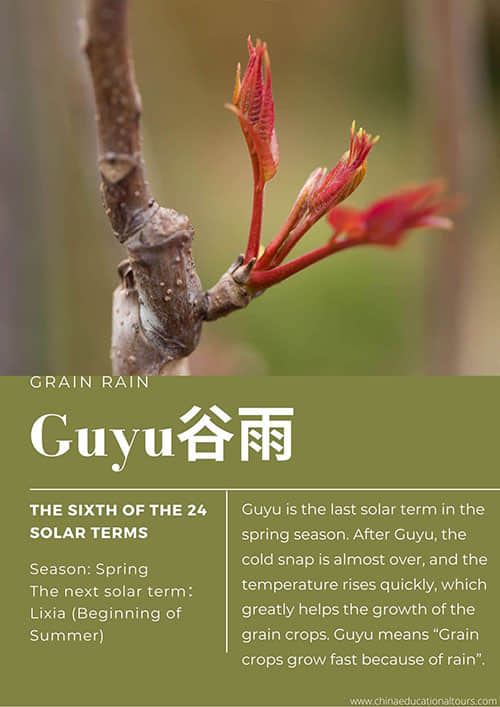
Guyu is the last solar term in the spring season. After Guyu, the cold snap is almost over, and the temperature rises quickly, which greatly helps the growth of the grain crops. Guyu means “Grain crops grow fast because of rain”.
- Chinese name: 谷雨Gǔ Yǔ
- Meaning: the end of the cold snap and a quick increase in the temperature
- Climate: obvious increase in rainfall
- Season: Spring
- Date: April 19th, 20th or 21st
- Traditional food: Guyu Tea (the spring tea made on the day of Guyu)
- Customs: ritual ceremonies for the sea. (In order to have safe sailing and return fully loaded, fishermen will host ritual ceremonies on the day of Guyu, praying for the protection from the God of the Sea.)
- Farming activities: seeding and transplanting seedlings, prevention and treatment of plant diseases and insect pests
- Health tips: nourishing blood and Qi, improving physical fitness
- The next solar term: Lixia (Beginning of Summer)
In the south, there is a custom of picking tea on the day of Guyu. It’s said that the tea picked that day has benefits like clearing internal heat, exorcising evil spirits and improving eyesight, etc. Therefore, no matter what the weather is on the day of Guyu, people will go to the tea plantation and pick some new tea for drinking. In the north, there is a custom of eating Xiangchun (Chinese toon) on the day of Guyu. Xiangchun has functions like improving the immunity of the organism, invigorating the stomach and regulating vital energy and so on. In areas such as Shandong, Henan and Sichuan, there is a custom called “Appreciate peony three days after Guyu”. Many places will host a “Peony Fair” one after another, feeling the air of spring and the well-being of life.
Further Reading
- The 24 Solar Terms
- Recommended Dishes for the 24 Solar Terms
- Six Solar Terms in Summer
- Six Solar Terms in Autumn
- Six Solar Terms in Winter

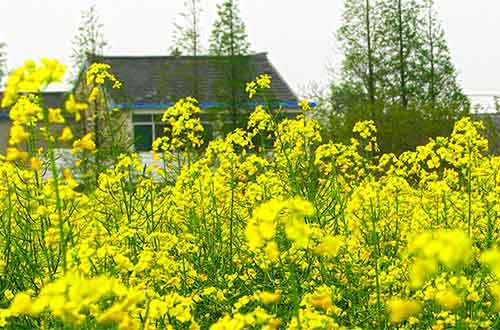 What Activities Can We do in Spring: Top Things to do
What Activities Can We do in Spring: Top Things to do 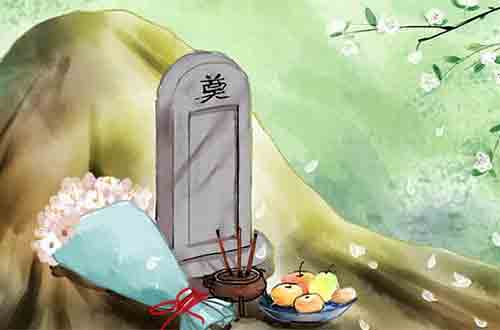 The Qingming Festival
The Qingming Festival 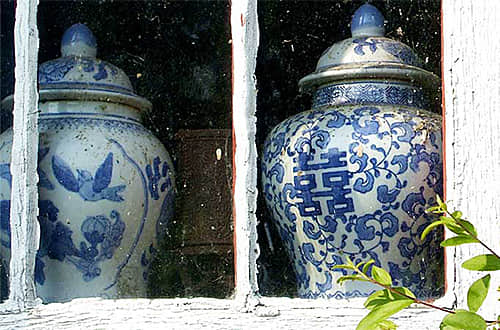 Chinese Porcelain
Chinese Porcelain 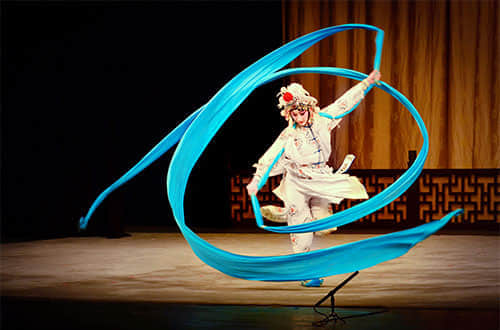 Chinese Operas
Chinese Operas